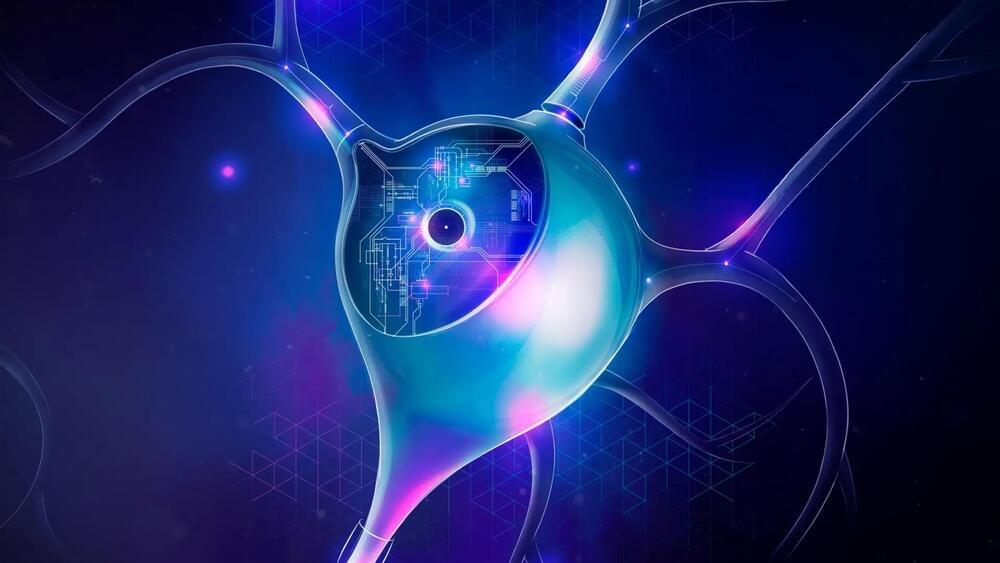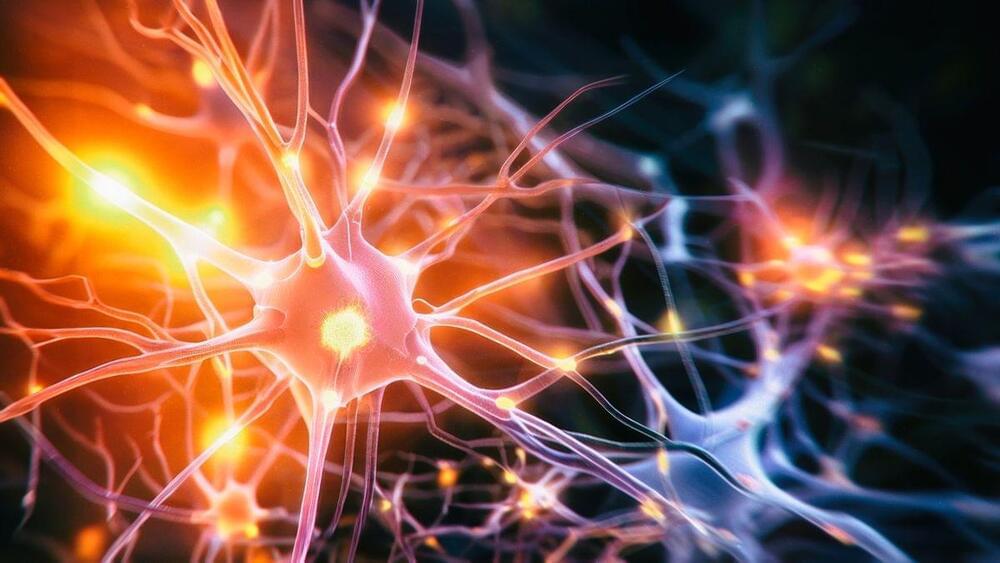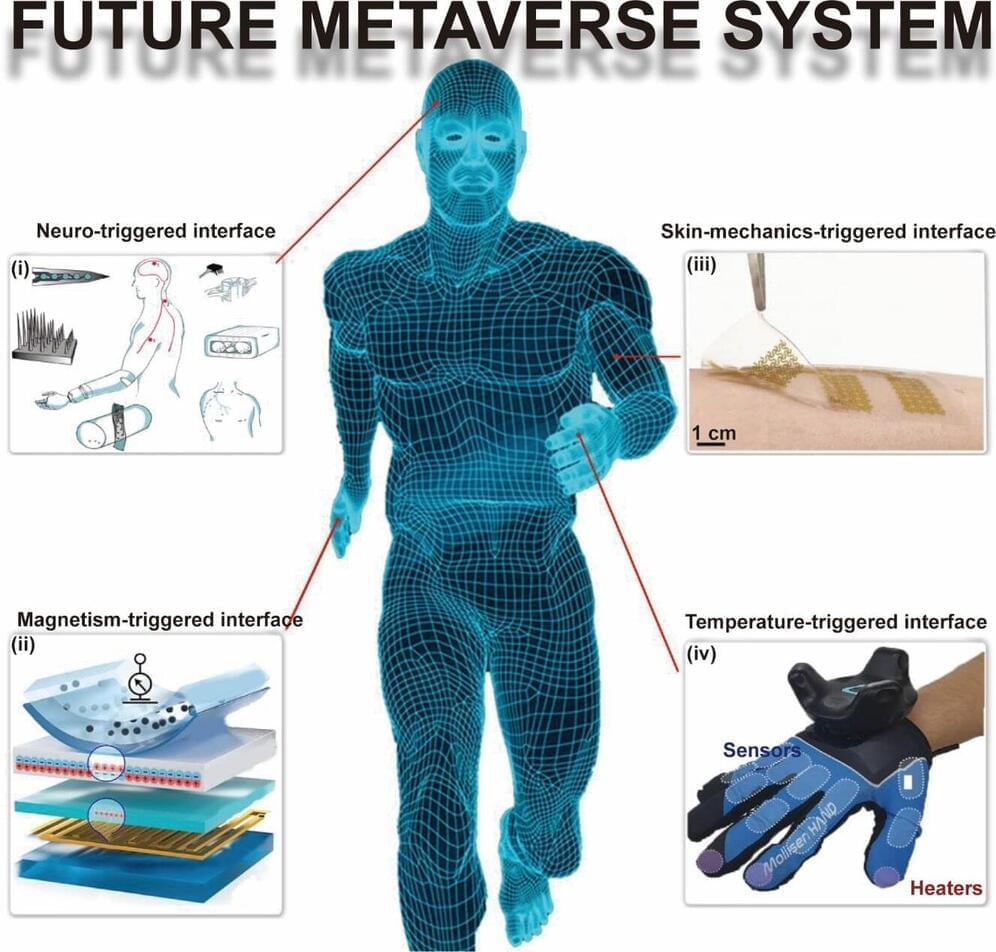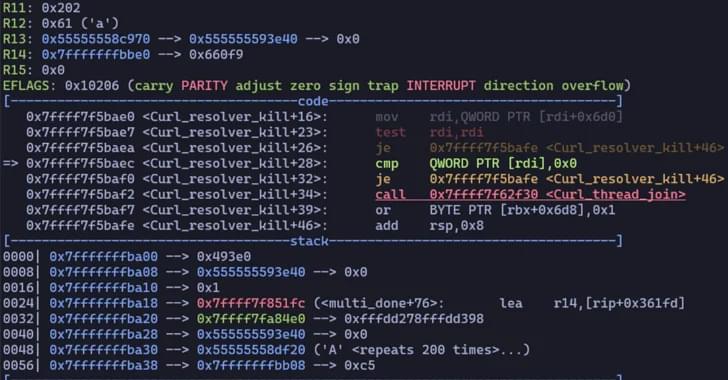Scars of collisions with other universes could show up in radiation from the big bang. A new experiment aims to mimic these collisions and help us look for them.


Scars of collisions with other universes could show up in radiation from the big bang. A new experiment aims to mimic these collisions and help us look for them.

The Blue Brain Project introduces a universal workflow for creating and validating neuronal models using open-source tools.
Biophysically detailed neuronal models provide a unique window into the workings of individual neurons. They enable researchers to manipulate neuronal properties systematically and reversibly, something that is often impossible in real-world experiments.
These in silico models have played a pivotal role in advancing our understanding of how neuronal morphology influences excitability and how specific ion currents contribute to cell function. Additionally, they have been instrumental in building neuronal circuits to simulate and study brain activity, offering a glimpse into the complex dance of neurons that underlies our thoughts and actions.


Researchers from Changchun University of Science and Technology (CUST) and City University of Hong Kong (CityU) have conducted a survey on the fabrication of flexible sensors using nanomaterials of different dimensions and the triggering methods of interaction between these sensors and virtual reality applications.
The review, published in the International Journal of Extreme Manufacturing (IJEM), highlights the recent advancements in nanomaterial-based flexible sensors (NMFSs) involving various nanomaterial frameworks such as nanoparticles, nanowires, and nanofilms.
Different triggering mechanisms for interaction between NMFSs and metaverse/virtual reality applications are discussed, e.g., skin-mechanics-triggered, temperature-triggered, magnetically triggered, and neural-triggered interfaces.


📢 Security Advisory : Two major security flaws in the Curl data transfer library exposed. CVE-2023–38545, the worst of them, could lead to code execution.
Learn more about them here: https://thehackernews.com/2023/10/two-high-risk-security-flaws-discovered.html.
Patch your systems and software immediately.

After his traumatic spinal cord injury in 2010, Drew Clayborn was motivated by the question, “How do I get back to doing life?” Since then, Clayborn finished high school, graduated college and started a nonprofit dedicated to providing resources and guidance to individuals and families affected by spinal cord injury. Resilience, exemplified by Drew, is a key factor to flourishing after spinal cord injury, according to recent Michigan Medicine research.
To learn more about Drew’s story and resilience research, visit: https://healthblog.uofmhealth.org/brain-health/my-life-matte…ord-injury.
Follow michigan medicine on social media:
Twitter: https://twitter.com/umichmedicine.
Instagram: https://www.instagram.com/umichmedicine/
Facebook: https://www.facebook.com/MichiganMedicine/
#Resilience #PatientStories #UniversityOfMichiganHealth

⚡ Beware of the HTTP/2 Rapid Reset attack!
A novel zero-day flaw is being exploited to launch record-breaking distributed #DDoS attacks.
Find out more here: https://thehackernews.com/2023/10/http2-rapid-reset-zero-day.html.
Learn how AWS, Cloudflare, and Google are addressing CVE-2023–44487.
